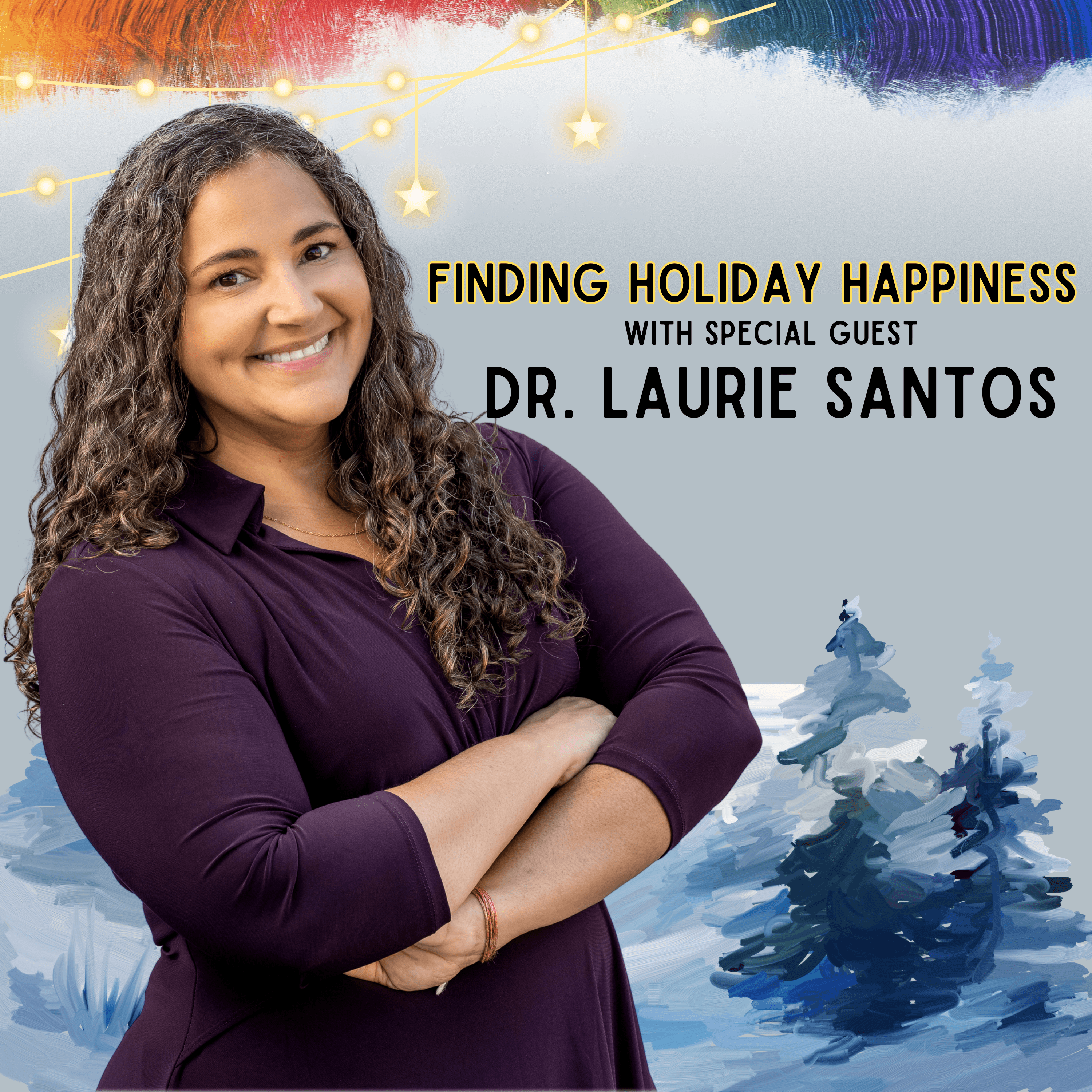
How God Works: The Science Behind Spirituality
PRXWhile religion and science often seem at odds, there’s one thing they can agree on: people who take part in spiritual practices tend to live longer, healthier, and happier lives. The big question is: Why? In How God Works, professor Dave DeSteno takes us on a journey to find out how spirituality impacts our minds and bodies, as well as the world in which we live.
He speaks to leading scientists and philosophers, religious thinkers, and thought leaders to explore what we can learn from the world’s faith traditions to help us meet some of life’s biggest challenges. Along the way, he’ll look at how we can adapt and use spiritual practices in our own lives, whatever our beliefs, including none at all.
It’s by working across the boundaries that usually divide us – science versus religion, one faith versus another – that we’ll find new ways to make life better for everyone.
While religion and science often seem at odds, there’s one thing they can agree on: people who take part in spiritual practices tend to live longer, healthier, and happier lives. The big question is: Why? In How God Works, professor Dave DeSteno takes us on a journey to find out how spirituality impacts our minds and bodies, as well as the world in which we live.
He speaks to leading scientists and philosophers, religious thinkers, and thought leaders to explore what we can learn from the world’s faith traditions to help us meet some of life’s biggest challenges. Along the way, he’ll look at how we can adapt and use spiritual practices in our own lives, whatever our beliefs, including none at all.
It’s by working across the boundaries that usually divide us – science versus religion, one faith versus another – that we’ll find new ways to make life better for everyone.

























































































Fasting for the Soul

Many would agree there are few things better than sharing a delicious meal with the people you love, which is one reason why breaking bread together is a cornerstone of religions the world over. But so too is the opposite - going without food. From Ramadan to Yom Kippur to Lent, fasting is an important ritual in many faiths. But why do so many religions periodically take away the very thing that nourishes our bodies and souls?
On this episode we'll talk with Khalil-Abdur Rashid about the role fasting plays in Islam, and why not eating and drinking is actually the easy part. And we'll talk to Adam Cohen about some new research that suggests even one day of fasting could help deepen religious commitment and overall well being.
Imam Dr. Khalil Abdur-Rashid is the first full-time University Muslim Chaplain at Harvard University, Instructor of Muslim Studies at Harvard Divinity School, and Public Policy Lecturer at the Harvard Kennedy School of Government.
Adam Cohen is a Professor of Psychology at Arizona State University. Learn more about his research here.